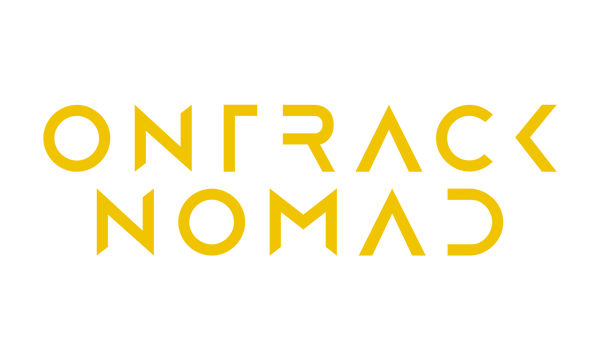In a world where individualism is so often celebrated, and personal achievement is marked as a pinnacle of success, we shouldn't overlook the importance of contributing to the collective, our tribe. The concept of the tribe extends beyond the historical meaning of a group of families or communities linked by social, economic, religious, or blood ties. Today, we use the term 'tribe' loosely to define a group of people who share common interests, goals, or values - your work team, social group, sports team, or online community. The fundamental question, however, remains the same - "Are you valuable to the tribe?" and how that value is determined and appreciated.
First, let's debunk the myth that value equates to being indispensable. While it's true that core skills and unique contributions are essential, you shouldn't equate your worth or value purely to a singular talent or ability that only you possess. Instead, think holistically about how you contribute. Are you collaborative, supportive, or empathetic? Do you bring positivity and good energy to the group? All these attributes hold immense value and contribute significantly to the tribe's collective strength and well-being.
Secondly, value often lies in the difference. It's important to remember that tribes thrive on diversity, not uniformity. Various skills, talents, backgrounds, perspectives, and ways of solving problems make a tribe resilient, innovative, and capable of navigating challenges. If you're bringing something different to the table, that's value right there.
Thirdly, your value to the tribe is not solely in your 'doing' but also in your 'being.' Your presence, engagement, and interaction with others in the tribe all add to the cumulative value. Paying attention to the narratives, emotional well-being, and needs of others is perhaps one of the most substantial ways you could contribute to the tribe.
Moreover, living in a digital age, you might belong to a variety of virtual tribes as well. Though artificial intelligence may seem detached or impersonal, tools like GPT-4 and its successors attempt to provide relevant and personalized services to a 'tribe' of users. It demonstrates how being valuable in the digital realm can range from providing practical solutions to creating inclusive online environments.
However, there are potential pitfalls to avoid. One potential issue is the temptation to constantly 'prove' your value, leading to comparison, rivalry, or burnout. It's crucial to remember that your value is not something that needs to be incessantly demonstrated or ‘earned.’ Everyone has intrinsic value that should be recognized and respected beyond performance. The healthiest tribes are those where each member's worth is acknowledged, not because of what they do, but because of who they are.
So, how do you know if you are valuable to your tribe? Reflect on your contributions. This does not necessarily mean monetary inputs or quantifiable outcomes but spans cooperation, promoting unity, and encouraging shared values. Is your tribe better off with you in it? Do you help the tribe fulfill its purpose? If you're actively engaged in making your tribe a better, happier, and healthier place, then rest assured, you add significant value to it.
In conclusion, being valuable to your tribe is more a question of 'how' than 'if.' It's about recognizing the unique set of skills, capabilities, perspectives, and attitudes you bring that enrich your tribe. It's about balancing giving and receiving, leading and following, doing and just being. Each one of us, in our unique way, holds immense value. Let's strive to nurture and celebrate this in our tribes - both in the physical and digital worlds.
Are You Valuable To The Tribe?

